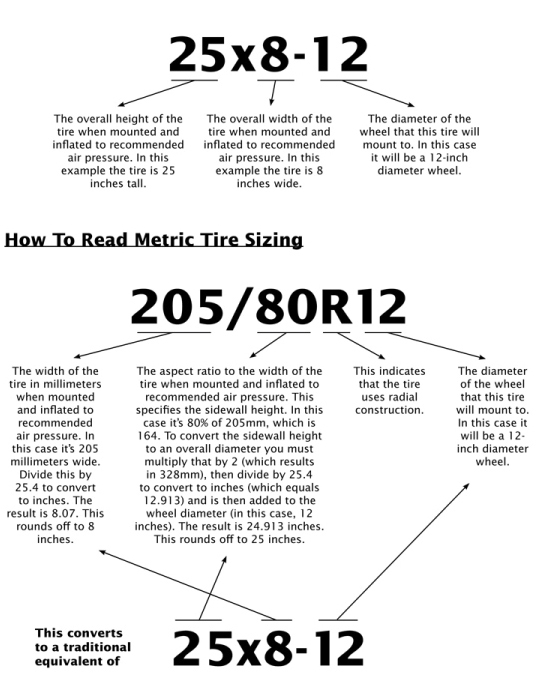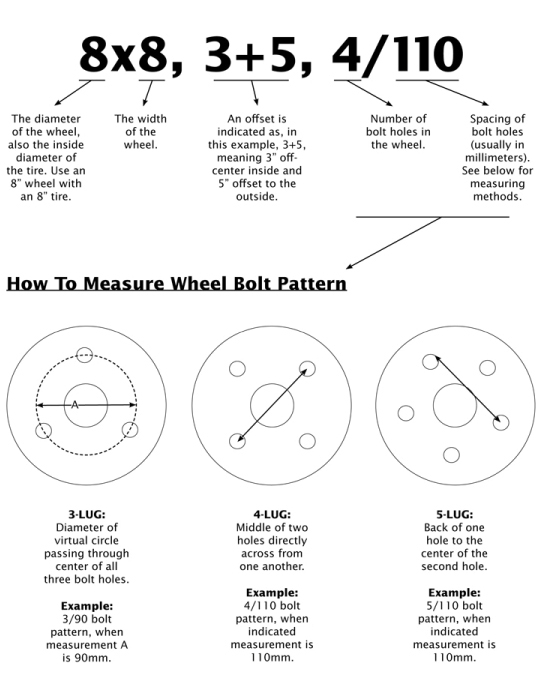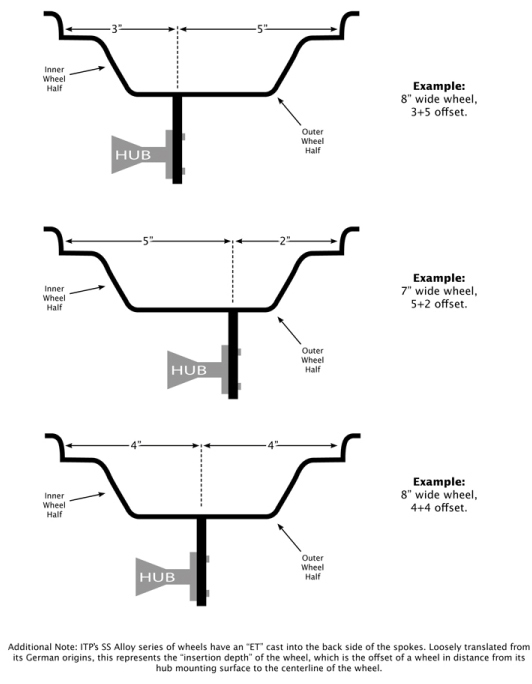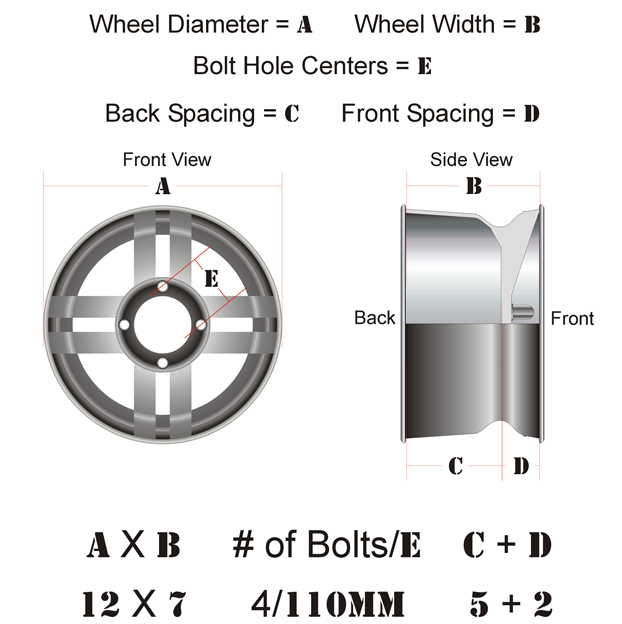1. Why shouldn’t I just use a light truck (LT), car (P) tire?
Many reasons, first is the side wall of a Special Trailer (ST) tire is built stiffer and more durable than a passenger type of tire. Remember the sophistication of your car or trucks suspension as compared to the basic nature to that of your trailer. Trailers are typically constructed with very basic suspension and therefore LT and P tires will need to be replaced much sooner than the equivalent ST due to the constant abuse the road hands the tire.. Also because of the flexible nature of automotive tires trailer sway can be accentuated and when used on a trailer can increase the potential for a side wall blowout.
Second, is tread depth, trailer tires don’t need to grip the road like their automotive counter parts, thus the tread is slightly thinner and the tire is narrower. The thinner tread allows for the tire to stay cooler during the drive, and as the tires do not need to grip like a steering or drive tire they give better stability.
Last, is weight capacity, typically a ST tire has a 10 percent greater load capacity vs. the equivalent LT or P tire.
2. Should I buy a Radial or Bias tire?
This can only be determined by what application the trailer is being used for. Radial tires typically will have a smoother ride and run cooler than a bias ply tire. A good example would be a horse trailer that is pulled long distances would better suit a radial in that it would run smoother on the road and be less stressful on the animal inside. A bias ply would be more economical and would be better suited to a utility trailer that might only be used for short hauls on the weekends. On average a radial tire should get nearly double the mileage expected of the same bias ply one therefore making the extra initial expense worth it in the long run.
3. Why did my tires fail?
There are many reasons, under inflation and over loading are the biggest ones we see. A tire that is under-inflated by 20% will lose up to 25% off the life of the tread and decrease fuel efficiency an extra 10%. With under inflation you will develop uneven tread wear, with the increased chance of a blow out and accident. Always use a tire gauge to check your tire before you travel. Likewise an over loaded trailer can cause the tires to break down and fail.
4. What does is all mean?








 a. Mud Tires – Characterized by their inside-to-outside, angled tread pattern, mud tires are directional tires that are designed to work primarily in, you guessed it – mud. Mud tires do work well, however, on other types of terrain (except hard-packed trails). If I had to buy only one set of tires, I would buy medium-aggressive mud terrain tires.
a. Mud Tires – Characterized by their inside-to-outside, angled tread pattern, mud tires are directional tires that are designed to work primarily in, you guessed it – mud. Mud tires do work well, however, on other types of terrain (except hard-packed trails). If I had to buy only one set of tires, I would buy medium-aggressive mud terrain tires. b. Trail Tires – Trail tires, also known as “All-Terrain” tires, are tire manufacturers’ best attempt to create a tire able to handle a variety of terrain. Trail tires, while they do not excel at any one terrain, do offer a good range of traction in various terrains. An aggressive trail terrain tire would be my second choice, if I only had to buy one set of tires.
b. Trail Tires – Trail tires, also known as “All-Terrain” tires, are tire manufacturers’ best attempt to create a tire able to handle a variety of terrain. Trail tires, while they do not excel at any one terrain, do offer a good range of traction in various terrains. An aggressive trail terrain tire would be my second choice, if I only had to buy one set of tires.
 d. Racing Tires – Racing tires, like sand tires, are specialty-built, and are primarily designed for medium- to hard-packed trails and courses. They are also characterized by their flat-top, knobby construction, and are designed for high-speed runs.
d. Racing Tires – Racing tires, like sand tires, are specialty-built, and are primarily designed for medium- to hard-packed trails and courses. They are also characterized by their flat-top, knobby construction, and are designed for high-speed runs.